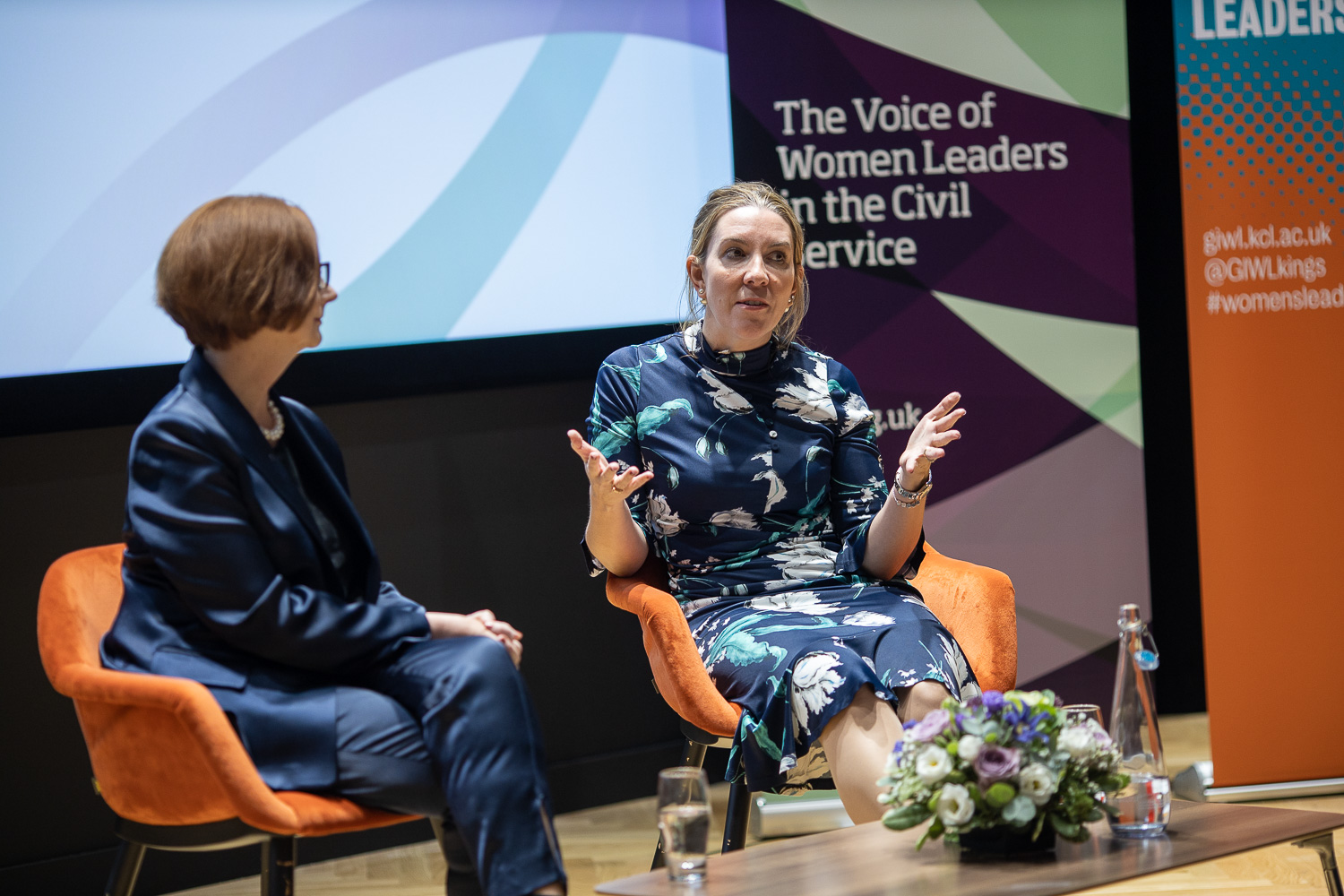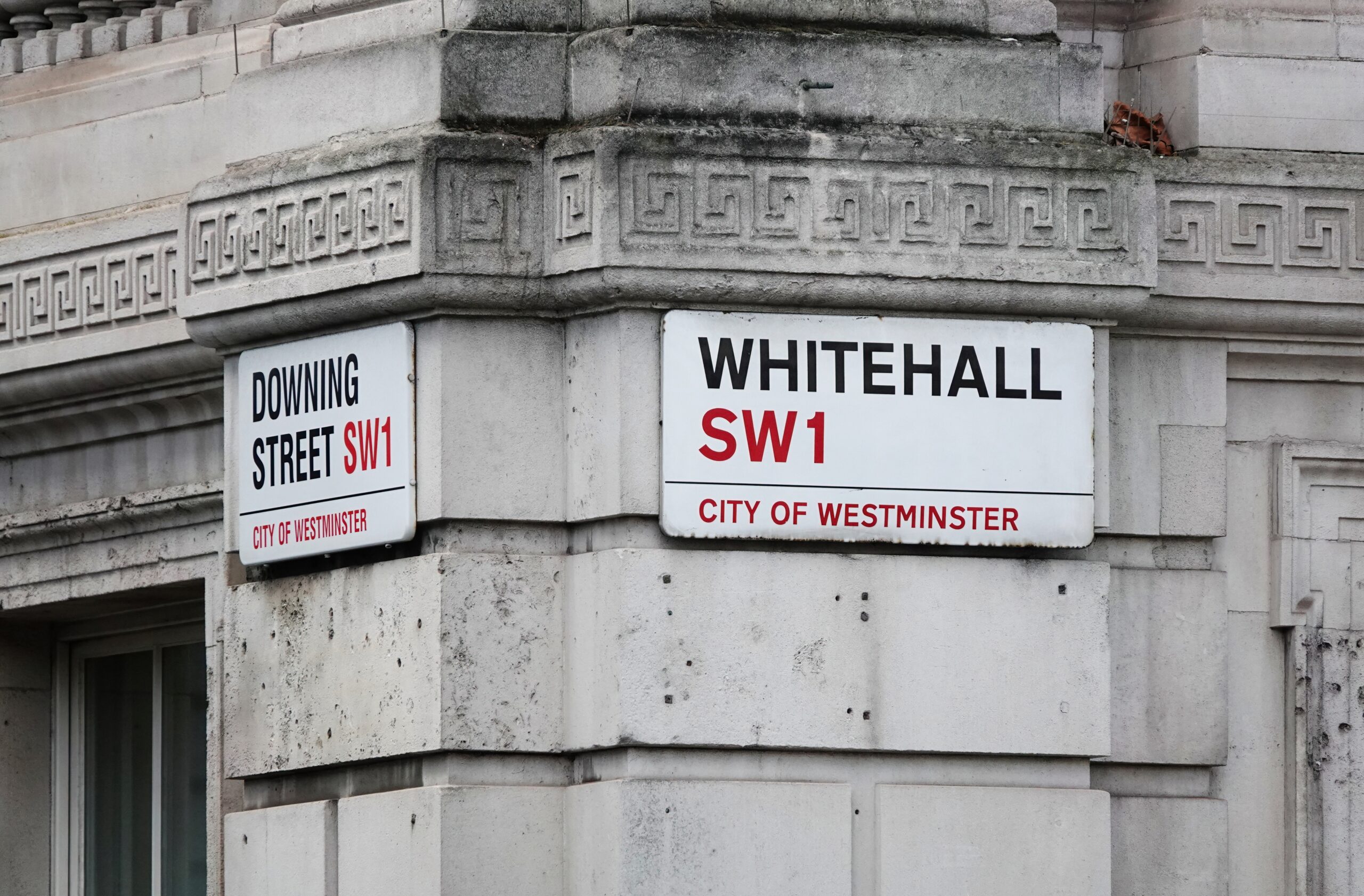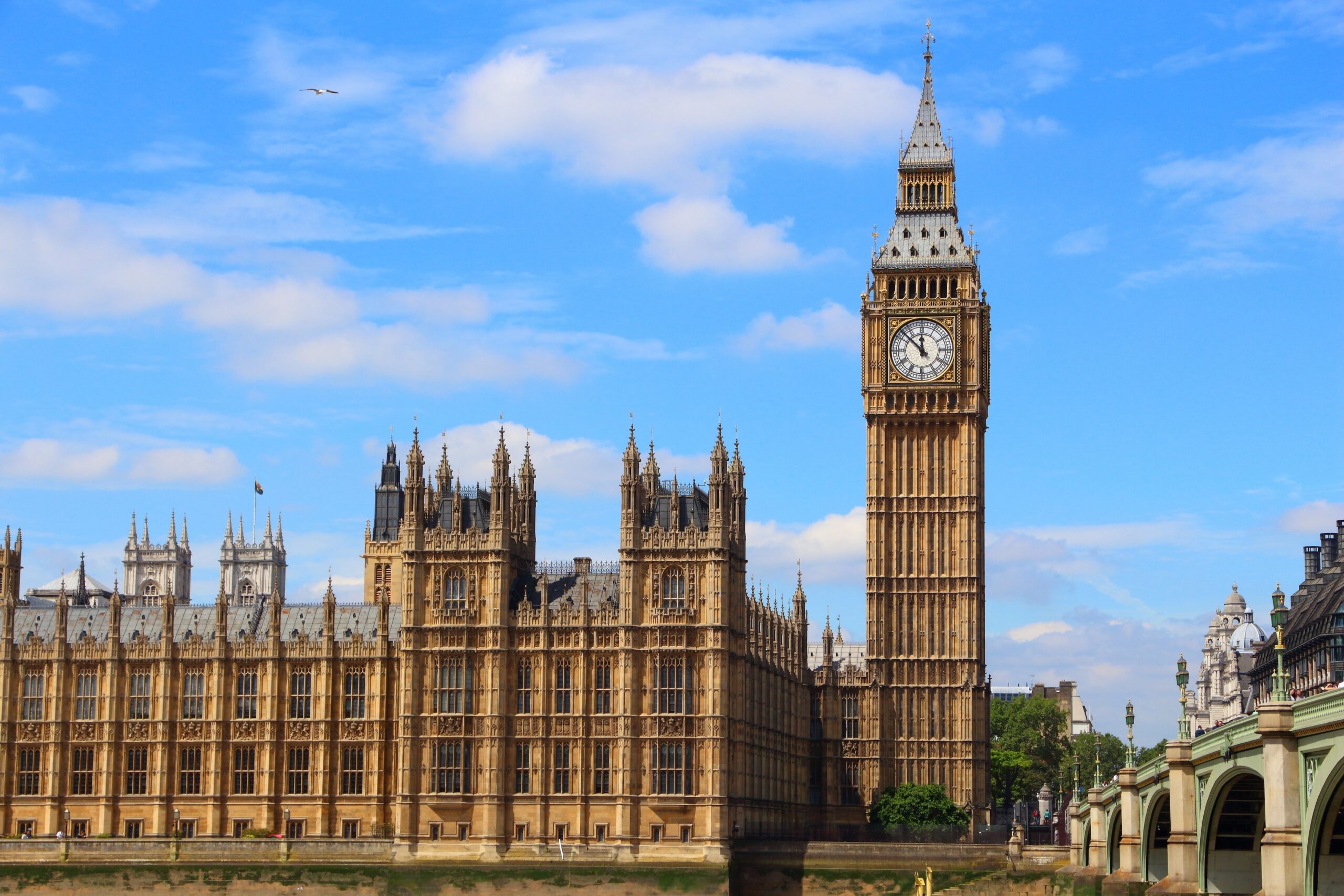Agenda for International Development
As we launch a brand-new section of our union, the Association for Development and Diplomacy, we wanted to take stock and look at the competing priorities and challenges to the international development agenda.
Last year, one of the most dramatic changes to government structure occurred when the Foreign and Commonwealth Office (FCO) merged with the Department for International Development (DFID) to form the Foreign, Commonwealth and Development Office (FCDO).
The announcement and subsequent merger saw a wide variety of reactions from charities, NGOs, academics and civil servants. For some, it was seen as an opportunity for the UK to have an even greater impact and influence on the rest of the world. However, many are unsure about the implications of the merger, both now and in the future. The recent reduction in the aid budget from 0.7 to 0.5% of Gross National Income (GNI) further complicates the picture and there are serious concerns that this will hinder the work of charities and NGOs, and potentially impact the UK’s global reputation.
This report looks at a range of issues connected with the development agenda, from the impact of the merger on the working lives of our civil servants to wider international developments on climate, trade and health.
Agenda for International Development by FDAunion on Scribd
Related News
-

“An outstanding leader with a proven track record” – FDA responds to Dame Antonia Romeo appointment
The FDA has welcomed the appointment of former Home Office Permanent Secretary Dame Antonia Romeo as Cabinet Secretary, following the departure of Sir Chris Wormald last week.
-

“New low” for government’s relationship with civil service – FDA responds following departure of Cabinet Secretary Chris Wormald
The FDA has responded to the announcement that Sir Chris Wormald has departed the role of Cabinet Secretary, with FDA General Secretary Dave Penman describing it as a “new low” for the government’s relationship with the civil service.
-

“Farcical” to wait until 2030 to make decision on restoration and renewal of parliament, says FDA
The FDA has responded to the latest publication of UK Parliament’s Restoration and Renewal Board, ‘Delivering restoration and renewal of the Palace of Westminster: the costed proposals.’